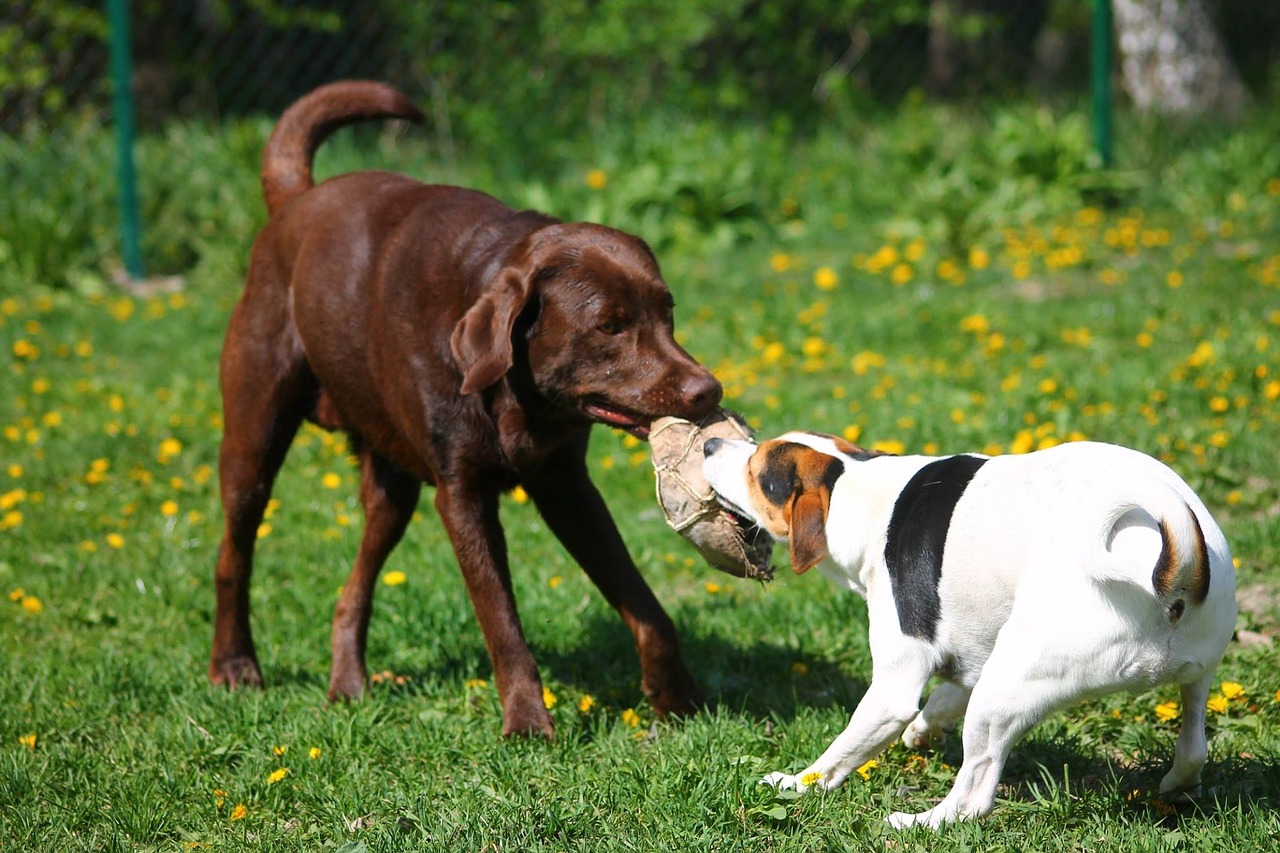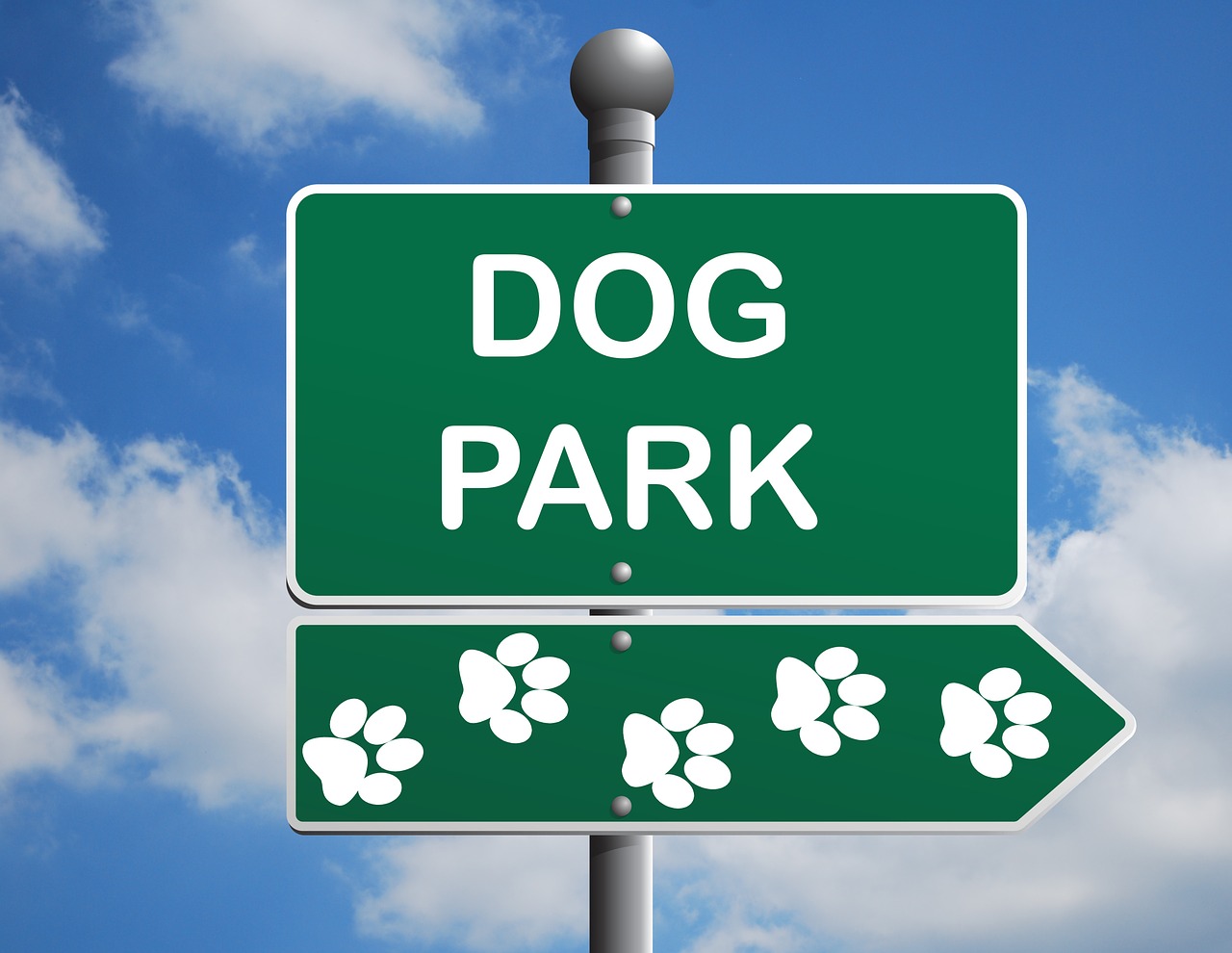Since the canine influenza strain, known as CIV H3N2, first emerged in Chicago two years ago, it has spread sporadically to nearly 40 states across the country. Most recently, in late May, there were two dog shows in Florida and Georgia that incubated the latest outbreak.
What’s more concerning, the dogs who came into contact with canine influenza have traveled all over the country. Some experts suspect that nearly 300 dogs from the shows have been infected. Although the mortality rate is typically very low, there are now at least four deaths being reported following this recent outbreak.
What is canine influenza?
Canine influenza (CI) or dog flu, is a highly contagious viral infection. Currently there are two strains of the virus that are in the United States- H3N8 and H3N2. The H3N2 was initially identified in dogs in Asia, and it is suspected that it was transferred from birds carrying the avian influenza virus. Although rare, it has been shown to transfer to cats. There are no cases at this time of humans contracting the virus.
It is important to remember that there is no “season” for the canine flu, and there can be outbreaks at any given time.
What dogs are at risk of contracting canine influenza?
Unfortunately, virtually all dogs who come into contact with an infected dog contract CIV. Approximately 80% will show clinical signs, though the other 20% will still shed the virus and spread the infection. If your dog frequents places where they come into contact with other dogs, they could be at risk.
It is similar to a child going to school with the human flu virus, soon most of the class is sick. The virus can live on surfaces such as water bowls and leashes for up to 48 hours, someone's clothing for up to 24 hours, and someone’s hands for 12 hours.

What are the symptoms of canine influenza?
Canine influenza greatly resembles the symptoms of “kennel cough”, including:
- Moist or dry cough
- Nasal discharge
- Sneezing
- Fever
- Lethargy
- Lack of appetite
What can I do to protect my dog from canine influenza?
At this time, we recommend that dogs with certain lifestyles receive the CIV vaccine. If your dog frequents places where they come into contact with other dogs, such as the dog park, boarding facilities, groomers, dog shows etc., it may be a necessary precaution to consider.

It remains to be seen how far reaching this latest outbreak will go. However, our philosophy is to always be ahead of the game, rather than treating the fall out. If you have any questions, concerns, or to schedule your dog’s appointment to receive the flu vaccine, contact us here.
